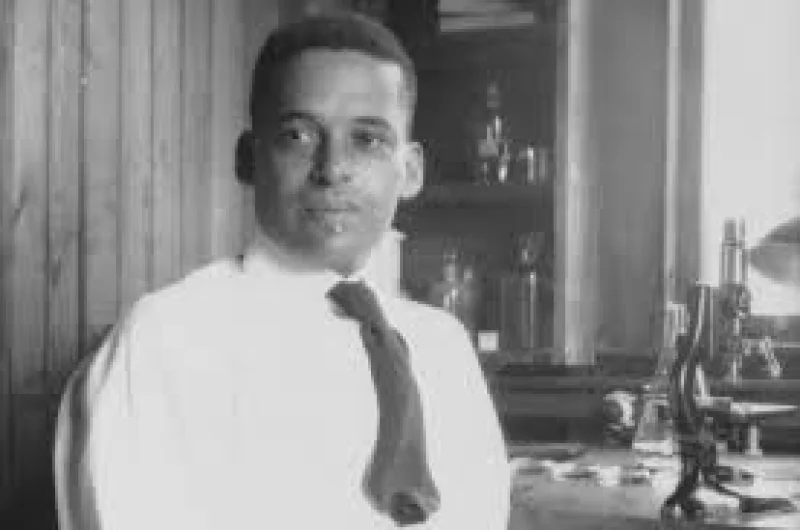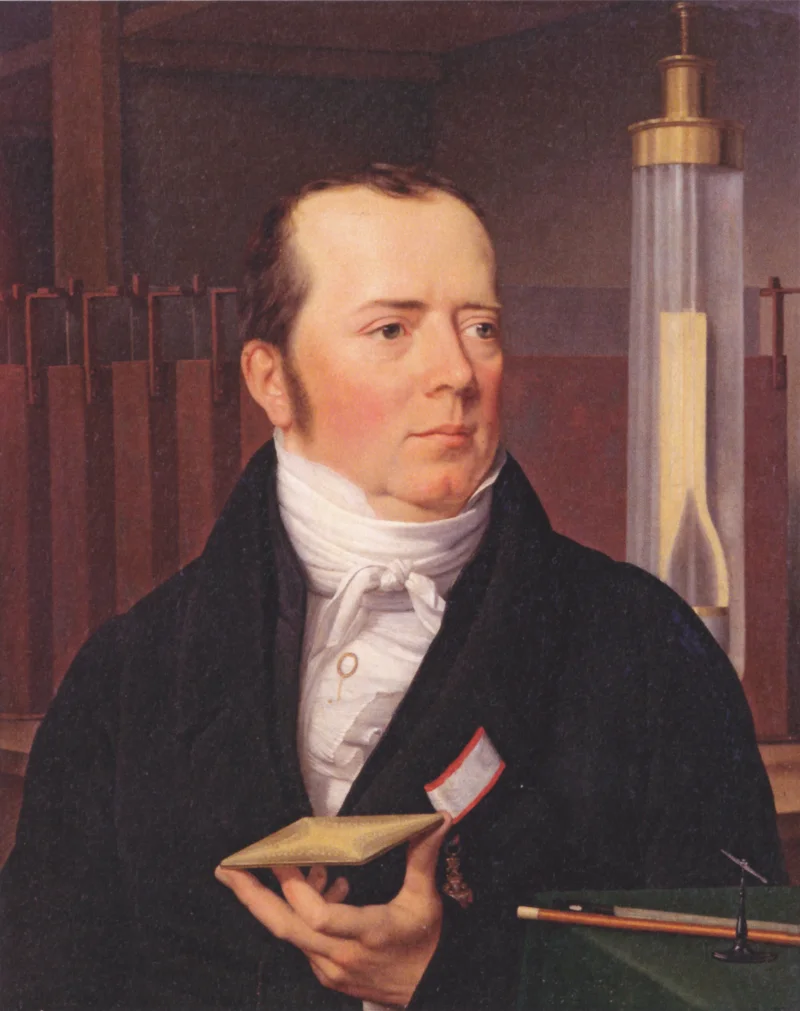Short Summary
Ernest Just was a pioneering African American biologist whose groundbreaking research in cell biology laid the groundwork for future scientific discoveries. He is best known for his work on the structure and function of cells, particularly his studies on fertilization and cell division. His innovative approaches and dedication to his research have made him a significant figure in the history of science.
Early Life & Education
Ernest Everett Just was born on August 14, 1883, in Charleston, South Carolina. He faced numerous challenges growing up, particularly after the death of his father when Just was only four years old. His mother, Mary Matthews Just, was determined to provide him with a good education. Just attended the Industrial School of the State College and later went on to earn a degree from Dartmouth College, graduating magna cum laude in 1907. His education continued at the University of Chicago, where he received a Ph.D. in experimental embryology, a field that fueled his lifelong passion for cellular research.
Career Highlights
After completing his education, Just joined the faculty at Howard University, where he taught biology and served as head of the Department of Zoology. He also conducted research at the Marine Biological Laboratory in Woods Hole, Massachusetts, focusing on marine invertebrate eggs. His work led to several important discoveries regarding cell development and fertilization. Despite facing racial discrimination, Just's dedication to his research never waned. He spent the latter part of his career in Europe, collaborating with European scientists and furthering his research in cell biology.
Major Achievements
- Published "The Biology of the Cell Surface" in 1939, which became a foundational text in cell biology.
- Discovered the "fast block" reaction in sea urchin eggs, a critical finding in the study of fertilization.
- Pioneered research in cell surface phenomena, contributing significantly to the understanding of cellular processes.
Famous Quotes
- "We feel the need of a new science of biology, a science that will embrace the living organism as its material, and not merely the cell or the organism dissected."
- "The cell is a unit of life, and as such, it must be studied as a whole, not merely as a collection of parts."
Interesting Facts
- Ernest Just was one of the first African Americans to earn a Ph.D. from the University of Chicago.
- He co-founded the Omega Psi Phi fraternity in 1911.
- Just faced significant racial discrimination but remained committed to his research and teaching.
- He spent several years in Europe to escape racial prejudice in the United States and to further his scientific work.
Legacy / Influence
Ernest Just's work has had a lasting impact on the field of cell biology. His innovative approaches to studying the cell surface have influenced generations of scientists, and his legacy continues to inspire those who face adversity. Just's efforts to understand cellular processes have paved the way for modern cell biology, and his contributions remain highly regarded in the scientific community.
FAQ
Q: Why is Ernest Just famous?
A: He is famous for his pioneering research in cell biology, particularly his studies on fertilization and cell surface phenomena.
Q: What was one of his major works?
A: His book "The Biology of the Cell Surface," published in 1939, is one of his major contributions to science.
Q: Did Ernest Just face any challenges in his career?
A: Yes, he faced significant racial discrimination, which affected his opportunities and career progression.













